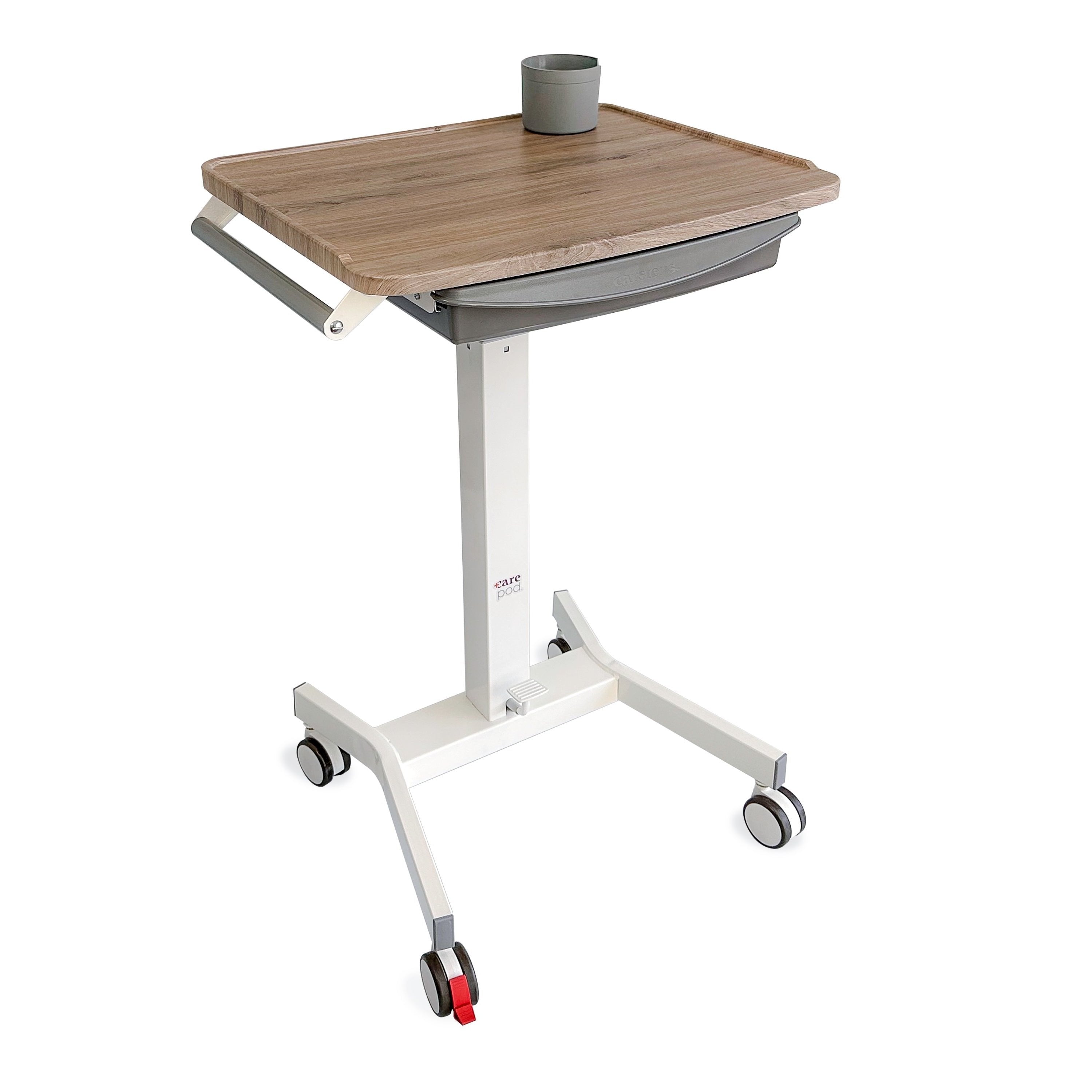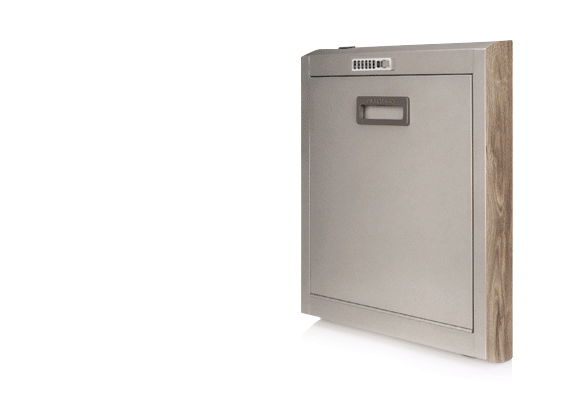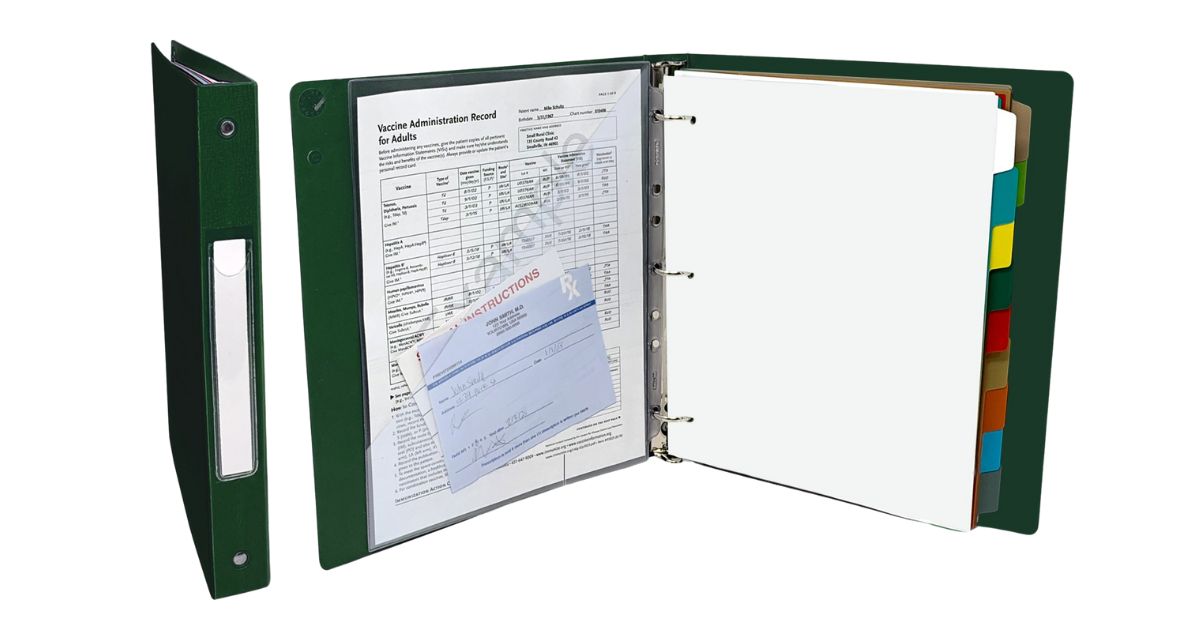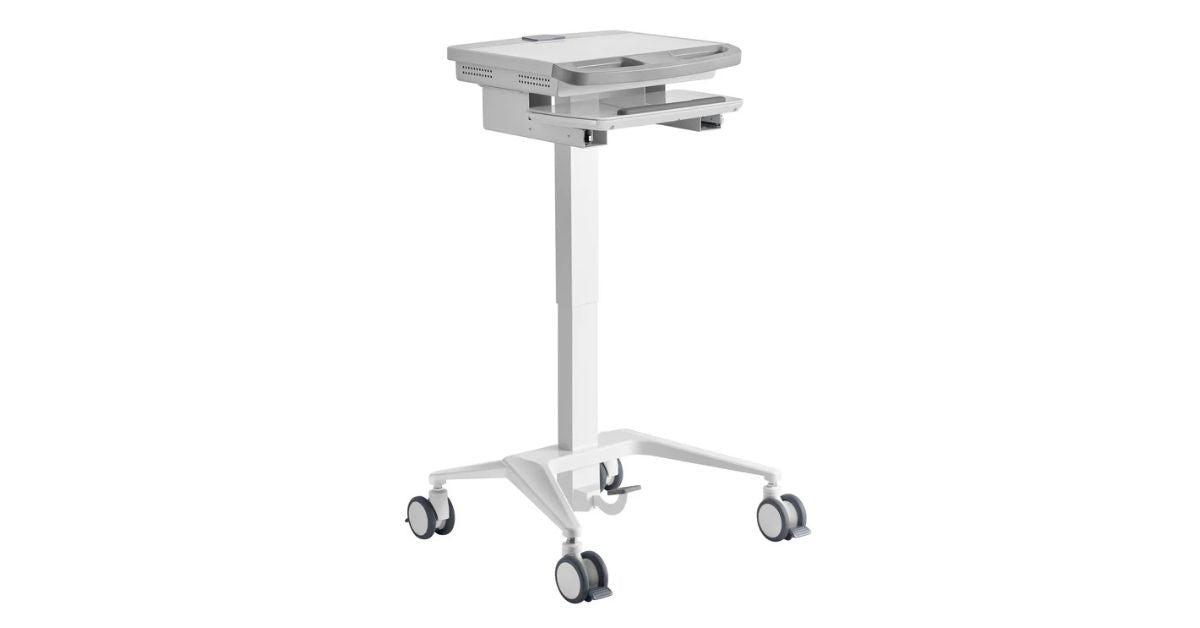Navigating the health-care landscape comes with significant responsibilities, chief among them ensuring compliance with the Health Insurance Portability and Accountability Act (HIPAA). For medical offices, maintaining compliance is not just a legal obligation but a critical step in fostering trust with patients and safeguarding sensitive information.
This complete guide to HIPAA compliance for medical offices outlines the importance of adhering to its regulations and provides actionable strategies to help you achieve compliance with confidence.
Why Is HIPAA So Important?
HIPAA aims to ensure patient privacy, security, and rights in managing their health-care data. One key concept under HIPAA is Protected Health Information (PHI), which includes any information in a medical record that can identify an individual, such as names, diagnoses, medical histories, and even financial details like billing records. With cyber threats increasing and the digitization of health-care records becoming the norm, protecting PHI is more crucial than ever.
When patients know their personal information is secure, they are more likely to engage fully with your practice. Compliance also ensures operational integrity, reduces risks of data breaches, and demonstrates your commitment to patient care.
Keep Physical Files Organized and Safe
A cluttered filing system or unsecured storage can put sensitive information at risk. Keeping physical records organized plays a crucial role in maintaining HIPAA compliance.
Invest in secure storage solutions, such as locking file cabinets, to provide an extra layer of protection. Tools like the binders and covered clipboards we sell here at Carstens can also help you organize and protect your documents while ensuring accessibility when needed. Additionally, implementing controlled access to areas with physical records minimizes the risk of unauthorized exposure.
For digital records, leverage tools like a medical laptop cart to promote security and convenience during mobile patient encounters while ensuring PHI remains protected.
Take Extra Caution When Practicing Telehealth
This would not be a complete guide to HIPAA compliance for medical offices if we didn’t mention telehealth. When consulting with patients virtually, you must prioritize secure platforms that encrypt communications and protect patient privacy. Choose HIPAA-compliant telehealth software to ensure that video calls, chat logs, and other interactions adhere to PHI safeguarding standards.
Establish clear policies for telehealth sessions to minimize the likelihood of accidental data breaches. Ensure that all telehealth tools, whether they are patient portals or live chat systems, integrate robust security protocols. Additionally, remind staff to remain vigilant when conducting consultations, such as avoiding public Wi-Fi or unapproved devices.
Step Up Your Cybersecurity Measures
Data breaches continue to threaten the integrity of health-care practices, making cybersecurity a non-negotiable component of HIPAA compliance. Encrypt all electronic PHI stored or transmitted to prevent unauthorized access. Employ tools such as firewalls, two-factor authentication, and Virtual Private Networks (VPNs) to protect your systems from external threats.
Regularly update your software and monitor for vulnerabilities to strengthen your cybersecurity defenses. Create a robust protocol for addressing potential breaches, whether by manually identifying weak points or conducting proactive penetration tests. Ensuring your cybersecurity strategy aligns with HIPAA requirements reduces risk and enhances your ability to maintain day-to-day operations without disruption.
Implement a Training Program
A well-structured staff training program is the foundation for maintaining HIPAA standards, ensuring every team member understands their role in protecting sensitive data. From front desk personnel to clinicians, each employee must know the specific HIPAA rules that apply to their responsibilities within the practice. Without this knowledge, even unintentional mistakes can lead to costly breaches of patient privacy.
Effective training programs go beyond basic instructions and dive into real-world examples and hands-on scenarios. These practical exercises help employees recognize potential risks, such as phishing attempts, unsecured devices, or improper data entry. For example, a scenario might involve identifying a suspicious email or securely logging out of a shared workstation after use. This kind of interactive education ensures team members know about potential threats and know how to respond swiftly and correctly.
Training materials should clearly define PHI and provide step-by-step guidance on how to handle it properly, whether during patient interactions, data entry, or communication with external parties. This includes understanding what qualifies as PHI, how to store it securely, and the importance of minimizing access to only those who need the information.
In addition to initial training for new hires, regular refresher courses are essential to keep everyone updated on changes in regulations or emerging threats. Encourage questions and open dialogue during training sessions to create a culture of accountability and collaboration. When team members feel confident and informed, they are more likely to take ownership of compliance measures and actively contribute to a secure office environment.
Communicate Procedures Thoroughly
Clear communication reinforces a culture of compliance. Implement standardized procedures and ensure every team member knows exactly how to handle situations involving PHI. Provide instructions on how to respond to patient information requests or how to handle lost devices containing patient data.
Establish channels for questions and feedback so staff members feel comfortable addressing concerns or seeking clarification when they encounter unfamiliar scenarios. Update procedure manuals and distribute clear documentation to employees to ensure that everyone can easily reference rules without misinterpretation.
Conduct Regular Audits
Auditing your HIPAA practices should be a routine part of your office operations. Regularly review your procedures, systems, and workflows to identify gaps that could place patient data at risk. Conducting these audits ensures your practice stays one step ahead in maintaining compliance.
Be proactive by auditing both digital processes and physical workflows. Evaluate how you store, share, and access PHI and address any discrepancies immediately. Keep records of audits and corrective actions taken, as they serve as important evidence of your compliance efforts during external assessments.
Stay Updated on Any Changes
HIPAA regulations can evolve based on technological advancements and changes in the health-care landscape. Staying informed about updates and new privacy standards is essential for continuous compliance. Subscribe to industry newsletters or work with legal consultants specializing in health-care to stay ahead of the curve.
Additionally, regularly revisiting your practices to align with HIPAA amendments or clarifications ensures your office remains in line with federal guidelines. A forward-thinking approach keeps your office prepared for anything while demonstrating a commitment to both patients and regulations.
Build Trust Through Compliance
Equip your medical office for seamless compliance with solutions designed for the health-care community. Carstens offers products like our 3-Ring Binder for HIPAA Guidelines, making it easier to stay organized and compliant. We’re dedicated to helping medical providers enhance caregiving practices while prioritizing patient trust. Start improving the care experience today by exploring our innovative health-care solutions.







